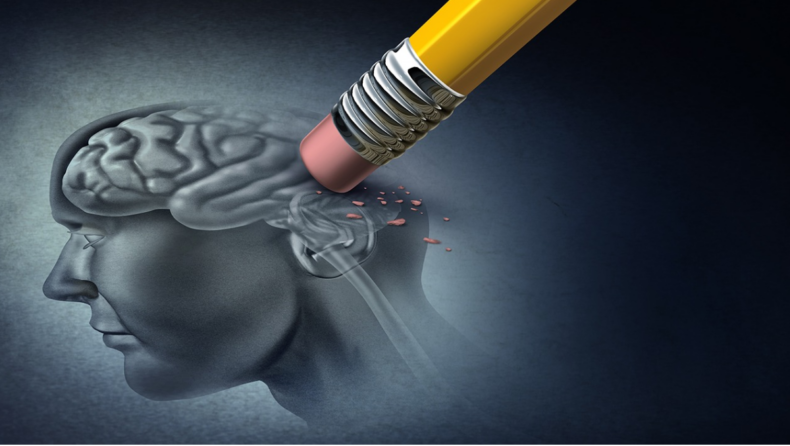Every year on September 21st, World Alzheimer’s day is celebrated to bring awareness to the neurological ailment prevalent in the elderly. Along with the advent of Covid, more diligence and thought should be put towards taking care of our elders suffering from dementia and Alzheimer’s.
‘Know Dementia, Know Alzheimer’s’, is the theme for this year which provides more focus on post-diagnosis support. It is derived from the 2021 campaign with its focal point being diagnosis, dementia and the adverse effect of Covid on the people suffering from the condition.
In simple words, Alzheimer’s is a neurological condition that predominantly affects the brain, which in turn results in a person’s memory loss, thought process and behavioural problems.
The disease is usually common in people above the age of 60-65. What is more tragic is that there is no cure for this wretched condition. We have no other choice other than to watch helplessly as our loved ones succumb slowly to this disease. Doctors advise keeping a healthy lifestyle and diet so as to control it to an extent.
Alois Alzheimer, a German psychiatrist was the first person to discover the disease in 1906 and thus got its name as a form of respect for him. As per the reports of the World Health Organisation, around 60-70 per cent of the world’s population, that is about 55 million people, contracts Alzheimer’s, which is found to be the most common form of dementia.
The Impact of Alzheimer’s, Dementia and its Symptoms
According to WHO, the number of people affected by Dementia will only triple by the year 2050. It is depressing to know that, very little is known about Alzheimer’s even though it is the most common condition found in old people. The burden will be more on the family members and health care centres.
Those who are prone to the disease will experience gradual memory loss along with drastic mood swings and communication troubles. The symptoms will only worsen day by day, thus affecting their daily life. The condition is divided into 3 stages mild, moderate and severe.
Even though dementia is found in old people, those who have a family history of Alzheimer’s are also prone to it as well. Most people confuse the symptoms with that the signs of ageing which leads to late diagnosis.
The disease advancement differs from one person to another. For some of them, it could be mild all the way through. While for others it could swiftly progress into severe condition. The situation has become worse for those people who were diagnosed with Coronavirus.
Recent studies have shown that the chances of people who have recovered from Covid have a high chance of getting Alzheimer’s after 65. The risk factors responsible for Alzheimer’s have also doubled in percentage over the years following Covid, ranging from 0.35 to 0.68 per cent.
The disease is more prominent in women over the age of 85. But the doctors are still unclear about the true impact of Covid. They are still unable to completely understand whether Covid accelerates Dementia or plays a role in its evolution.
The genetic disposition and DNA of a person do contribute to the risk factors involving Alzheimer’s. But that doesn’t necessarily mean he or she will definitely develop the disease. It simply means that there is a risk factor present.
Keeping a healthy lifestyle by maintaining our diet and avoiding alcohol consumption and smoking, will keep the disease at its bay. Also, managing the blood sugar, pressure and cholesterol levels within their normal limit will also help us in the long run. With proper medication and treatment, the progression of the disease can be reduced to an extent.













